Accounts Receivable in Dubai: What Can Go Wrong and How to Fix It

Efficient cash flow management is the lifeblood of your business. It determines your ability to pay your bills, manage operations, pay your employees, as well as invest in your growth. Unfortunately, maintaining a healthy cash flow can be quite challenging, especially when revenue is tied to unpaid invoices. This is where accounts receivables or AR comes into the picture.
For businesses in Dubai, where competition is fierce and laws are strictly upheld, managing accounts receivables is an essential activity. Why? Well, because delayed payments can disrupt operations, strain business relations, and limit opportunities for your growth. In this blog, we’ll discuss what accounts receivable are, common pitfalls, and actionable strategies businesses in Dubai can adopt to improve their AR processes.
What Are Accounts Receivable?
Accounts Receivable is the money you are owed as a company by your customers in exchange for your goods or services. Essentially, it represents sales made on credit. Once you send an invoice or a bill, it becomes accounts receivable until it is paid. Simply, it is the name given to the money that’s owed to you and the process of collecting it.
When you extend business credit terms, it allows your customers to pay at a later date. This makes the purchase process easier for your customers. However, it puts an obligation on you and your team to collect payments timely.
So, where do you list it in your accounts? AR is listed as a current asset on the company’s balance sheet because it represents the expected cash inflow within a year.
Aging Report of Accounts Receivable
Now, as a business, you and your team will make sure that you send out the invoices in time as per policy to collect pending payments. Does this actually guarantee payments? No. There will be some invoices that will be overdue.
An aging report is a tool that helps businesses monitor their accounts receivable. It categorizes outstanding invoices based on the length of time they’ve been overdue. At a glance, you can see which bills are pending clearance and which ones have been outstanding the longest.
It is said that the more an invoice ages, the less likely it is to get paid. Typically, the aging invoice divides receivables into intervals such as:
- 0–30 days
- 31–60 days
- 61–90 days
- 90+ days
You can routinely review this report to:
- Highlight customers to are consistently late in payments
- Find out which customers need a follow-up
- Restructure your credit policy
- Forecast your cash flow
If you are a business that deals with global clients across industries, then an accounts aging report should be your top priority because you are dealing with varying norms.
How Does Accounts Receivable Work?
The accounts receivable process involves the following steps:
1. Evaluating Credit
There’s a lot at stake with pending invoices. Consequently, you cannot give credit to everybody. Before extending credit to anyone, you need to evaluate their creditworthiness. This means evaluating the client’s financial stability, payment history, and industry reputation.
2. Issuing Invoices
After deciding the business’s fit for credit, you will deliver your products or services. Once delivered, you will then issue an invoice. The invoice should contain important details like payment terms, due dates, and penalties for late payments to avoid miscommunication.
3. Recording the Transaction
Once you generate and share the invoice, you record it into your accounts for tracking.
4. Monitoring Payments
This is where you keep track of invoice dues and drop reminders for clearance. The frequency of dropping these reminders varies from one business to another and is an independent decision to make. You may want to explore a system that sends payment reminders automatically to enhance the overall process.
5. Collections
If payments are delayed, you will initiate collections. This might involve sending reminders, negotiating new payment terms, or involving a collections agency in extreme cases. Regularly reviewing AR reports allows you to assess your performance and make adjustments as necessary.
6. Receipt of Payments
Once you receive the payments against the invoices through cash or cheques, you will acknowledge it and charge it on the accounts receivables balance.
7. Writing off Bad Debt
In some cases, the likelihood of an invoice getting cleared is little to no chance. When you think there is no reasonable chance of getting paid, you write that invoice off as bad debt. It is essentially lost income, which is important to capture in your accounting statement. Why? There are chances that you may have already paid taxes on these invoices. When you write it off, you can claim these taxes back.
Even after you have written off the debt, don’t give up on getting the invoice cleared. Whenever you receive the amount, you can always declare it in your next return.
8. Accounts Reconciliation
This step is non-negotiable. You must reconcile the payments received to get an updated view of the account statements.
Where Can Accounts Receivable Go Wrong?
As simple as it may appear, it is not. There are chances you are making small errors here and there which are affecting the entire process. Here are a few places you can go wrong:
#1 - Poor Credit Policies
Failing to properly evaluate a customer’s creditworthiness can result in unhelpful credit policies. It is best to:
- Define credit eligibility criteria for customers.
- Set credit limits based on financial analysis and payment history.
- Ensure clients understand the terms before extending credit.
#2 - Ineffective Invoicing
Errors in the invoice, such as missing details and incorrect entries, can lengthen the clearance cycle. Make sure you are:
- Using professional invoicing software to create clear, accurate, and detailed invoices.
- Sending invoices promptly after delivering goods or services.
- Including clear payment terms and methods on all invoices.
#3 - Lack of Follow Up
Late or neglect of follow up can delay the payment clearance significantly. See if you want to automate the follow-up process using AI to streamline it and never miss an important reminder.
#4 - Ignoring the Aging Report
Aging reports can tell you a lot of things about your customers, invoicing policies, and cash flow. Neglecting these reports can land you in a vicious cycle of delayed payments.
#5 - Weak Collection Strategies
Inconsistent or overly aggressive collection tactics can damage customer relationships and hurt the company’s reputation. If you are dealing with multinational clients or businesses in various sectors, these challenges can become even more pronounced if not proactively managed. Train your team to face these challenges head-on. For instance,
- Maintain open communication with clients regarding payment expectations.
- Offer incentives for early payments, such as discounts or loyalty rewards.
- Equip staff with the tools and skills needed for effective follow-ups.
FAQs
#1 - What is the difference between accounts receivable and accounts payable?
Accounts receivable is the money you are owed for the services or products you have offered. In contrast, accounts payable is the money you owe to others for using a product or a service.
#2 - Is accounts receivable an asset?
Accounts receivable is money you’re owed. This makes it an asset. In fact, your invoices are so valuable that some companies will even buy them from you.
#3 - What is invoice financing?
Invoices are money you’re owed. If you sign them over to someone else, they can collect the money. Some finance companies will buy invoices from businesses that can’t wait for the customer to pay. This is called invoice financing or account receivable financing. However, it is best to consult with your finance advisor before engaging in invoicing financing.
#4 - What steps should a business take if the payment is delayed?
Businesses can follow up with reminders and review payment terms with the customer. Additionally, they can offer flexible payment options if needed and escalate to a collection agency as a last resort.
#5 - How do payment terms affect accounts receivable?
Payment terms define when a customer is expected to pay. Clear and reasonable terms encourage timely payments, while ambiguous or overly lenient terms can lead to delays. Lengthier clearance period can increase the invoice clearance period significantly which may hamper your business’s ability to maintain cash flow.
#6 - What are the common challenges in managing accounts receivable?
Common challenges include poor credit policies, invoicing errors, lack of follow-up, manual processes, ignoring aging reports, and weak collection strategies.
#7 - What is an aging report?
An aging report is a summary of all your overdue invoices. It tells you how long an invoice has been outstanding and divides these invoices into categories, typically in intervals like 0-30, 30-60, 60-90, and more than 90.
#8 - Why is it important to monitor accounts receivable regularly?
Regular monitoring of accounts receivable keeps you on top of your pending invoices, helping you address overdue promptly. Moreover, it reduces the risk of bad debts and helps maintain a steady cash flow.
#9 - Can outsourcing improve accounts receivable?
Yes, outsourcing AR management to professionals can improve efficiency, reduce errors, and allow businesses to focus on core activities. Alternatively, you can consider integrating automation to simplify the process.
#10 - How can poor accounts receivable management affect my business?
Poor accounts receivable management can set you up for cash flow problems. Consequently, it may lead to increased borrowing, strained supplier relations, and, in the worst case, potential insolvency.
Conclusion
Whether it is automating your AR process, refining credit policies, or improving communication with your customers, every step towards better accounts receivable management is a step towards better cash flow and good business financial health.
We, at Alpha Pro Partners, are a team of world-class bookkeepers. Our consultants are well-versed with cloud-based solutions that aim to improve the efficiency of the bookkeeping process at your workplace. Get in touch with us to learn how we can help you.

.webp)


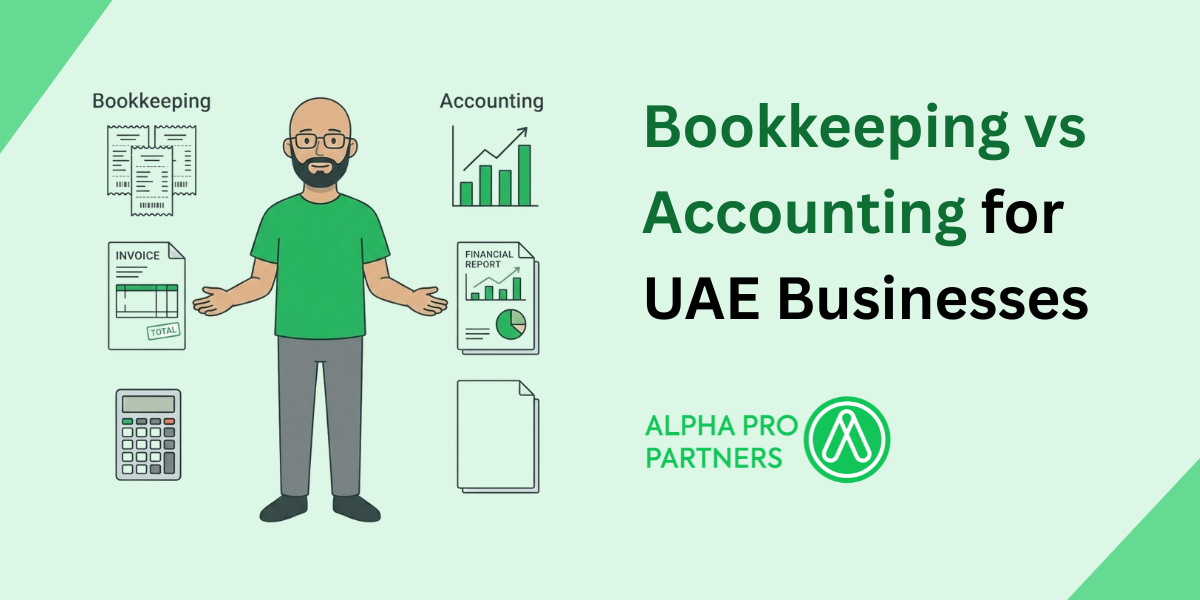
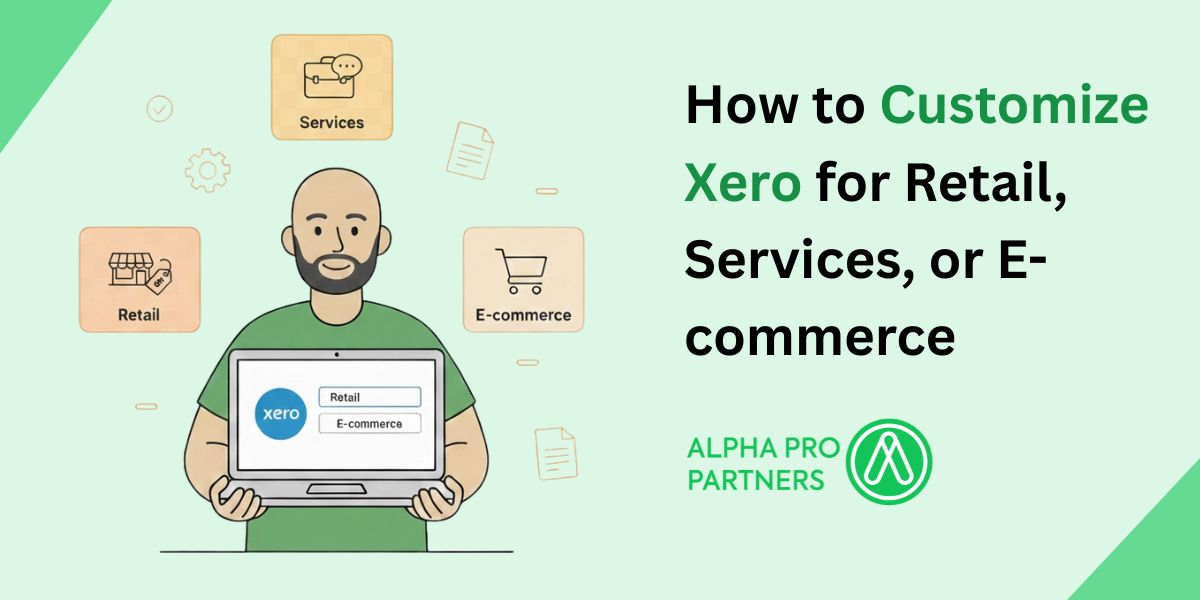

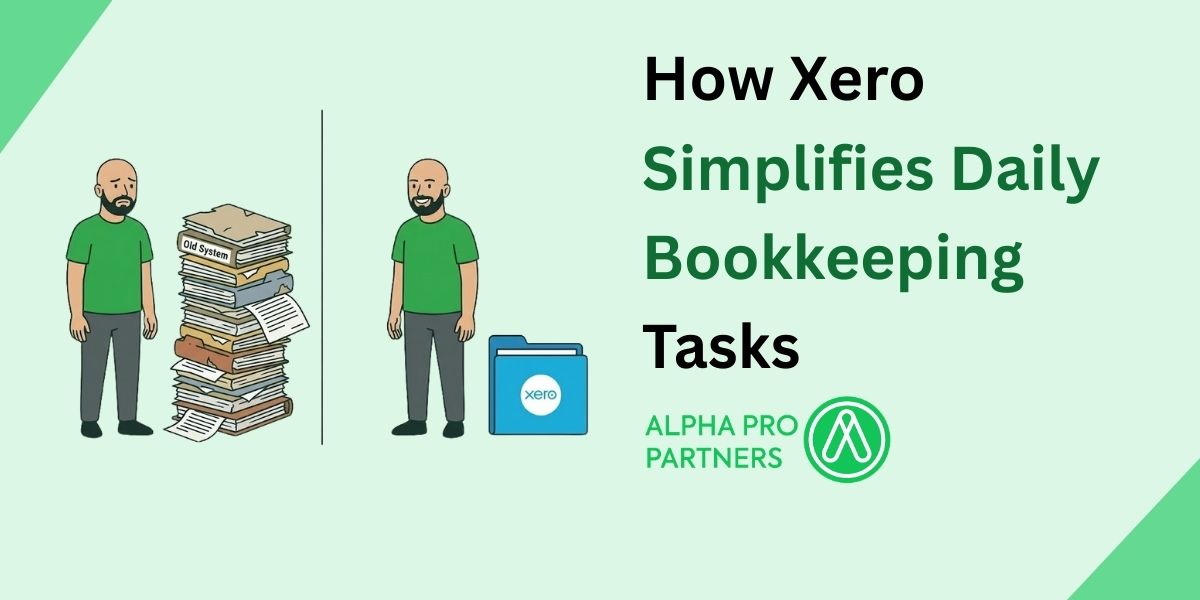
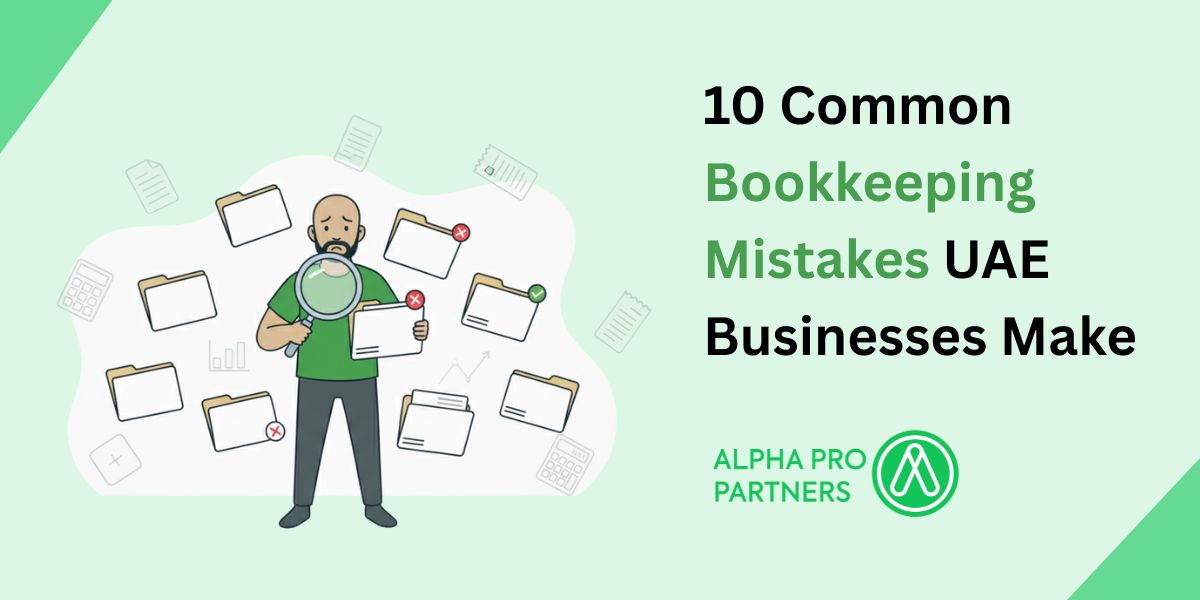
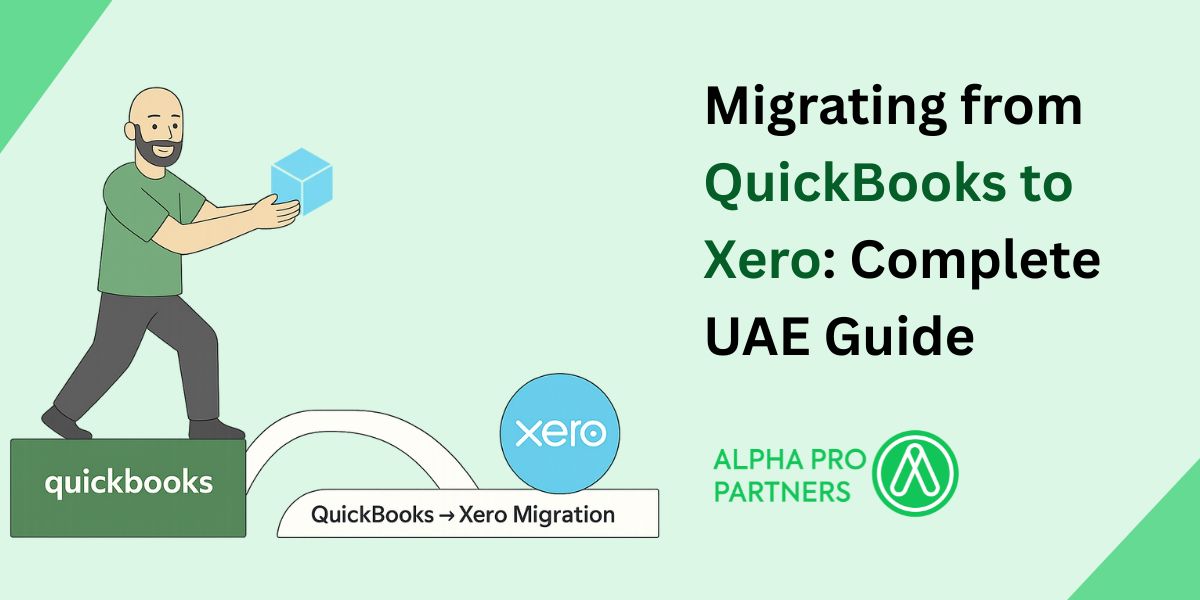








.webp)
.webp)


.png)
.png)
.png)
.png)
.png)

.png)
.png)



.png)
.png)





.jpg)


.jpg)





.png)
.png)






.png)


